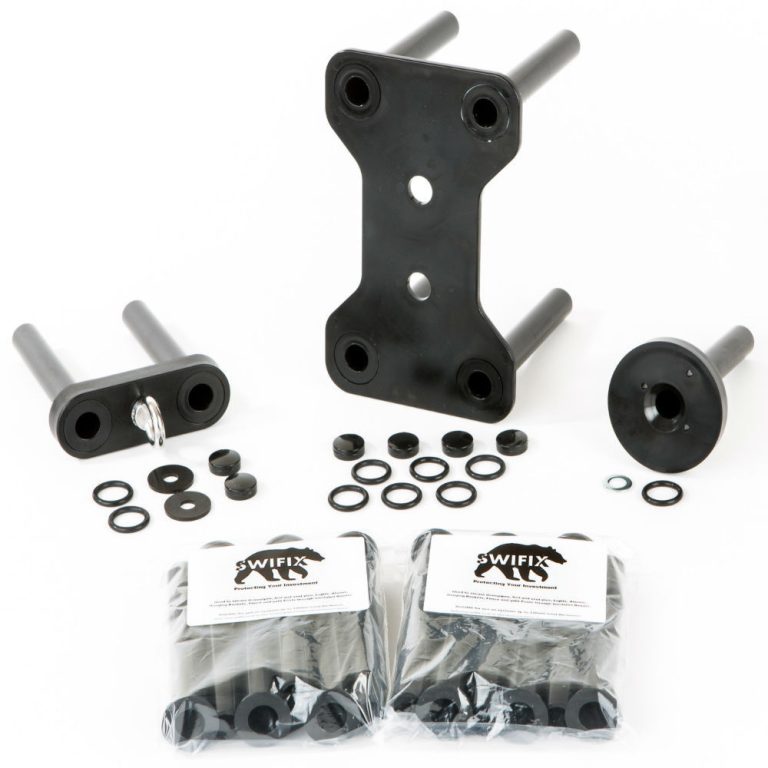In recent years, insulation has accelerated in importance for contractors and consumers alike and is amongst the most rapidly growing sectors in the industry. Despite an uptake in business, techniques and solutions have been proportionately slower to progress. Systems have remained unchanged for decades and with the increase in activity, as well as the increasing use of poor quality timber in the process, something has to change in order to prevent a future of failures. Introducing pioneering best practice to a sector of renewed interest, Swifix offers ground-breaking new possibilities in the way of efficiencies and cost reductions. Swifix made its entry into marketplace at the end of 2015 and, with its revolutionary range of insulation products, has ambitions to invoke sector-wide change. Where insulation would ordinarily be interrupted by external fitments such as washing lines, downpipes, lights, alarms and outdoor taps, signage, canopies, the company presents the opportunity for 100% building insulation– and at a fraction of the cost. Millions of UK properties can benefit from insulation renewal and thousands are upgraded on a daily basis. At present, the process currently involves stripping every fitting from the exterior, and fitting large blocks of timber in order to be able to replace fixtures with a screw. The use of timber instantly compromises the insulation system and introduces areas of weakness, thereby preventing maximum gains in efficiency. As Paul Brown, Managing Director of Swifix continues, “As soon as you incorporate timber into the system, you’re effectively introducing an alien, unnecessary product. Coupled with inappropriate timber being used due to costs and the insulation process has the potential to cause long-term system failures, putting customers at financial as well as health and safety risk. Though it’s been best practice in the sector for quite some time, that’s purely because there has never been a commercially suitable alternative.” That alternative however has now arrived, and Swifix suite of products have been designed and engineered so as to be installed in conjunction with external or solid wall insulation, and are there- fore capable of making a structure completely water-tight. Alongside maximum thermal efficiency and the accompanying savings on annual fuel bills, clients are also provided the assurance of a product which is long-term, non-degradable and flexible to repair and maintain. Brown is keen to stress the advantages of such: “One of our target markets is social housing, and those properties require much more in the way of maintenance and repair. If somebody wants to fit something to the property three days, three weeks, or three years down the line, Swifix products provide the flexibility to do so without compromising on the integrity of either the structure or insulation.” Of course, beyond a product being more technically-capable, it must be financially viable, and cost remains a motivating factor for both domestic and commercial property-owners. As well as the long-term cost advantage of increasing energy efficiency, Swifix’s installation products are also far cheaper at initial investment; for a typical, three-bedroom, semi-detached house, using the Swifix range would provide savings of up to 20% as opposed to the use of timber, and over a 100% against alternatives currently on the market. The products in scale therefore provide critical competitive advantage for main contractors and developers. Having currently gained approval and recommendation from 14 of the UK’s largest system manufacturers and secured the backing of the both National Insulation Association (NIA) and Insulated Render and Cladding Association (INCA), Swifix has high aspirations for the future. Determined to ‘re-define best practice’ in an industry of phenomenal growth, the company is encouraging businesses to embrace change and enjoy guaranteed results. and savings.





